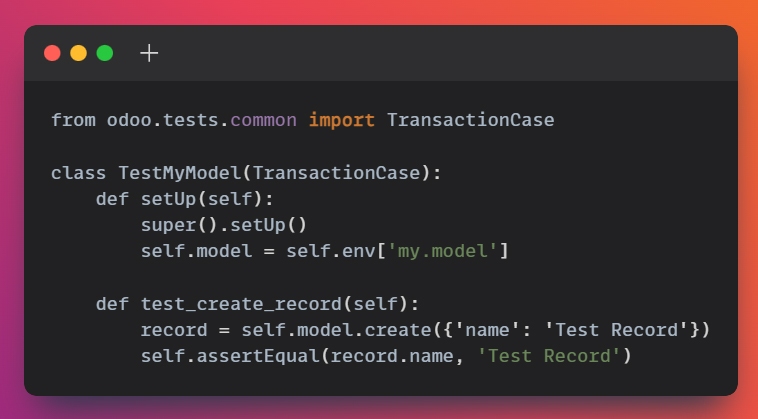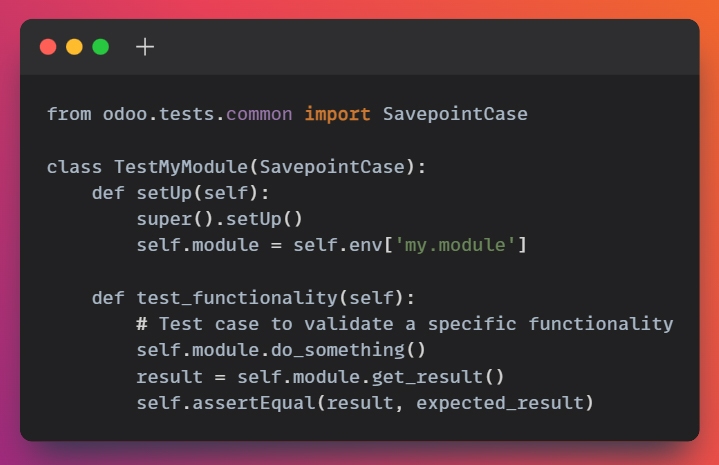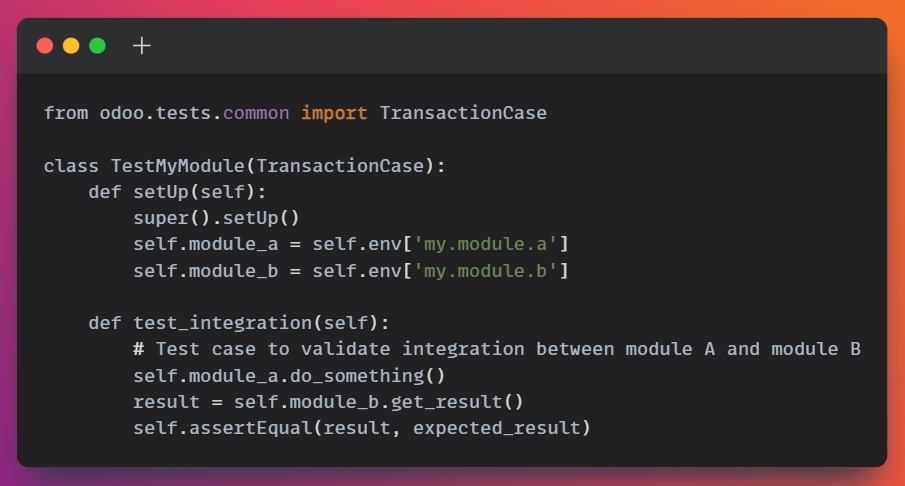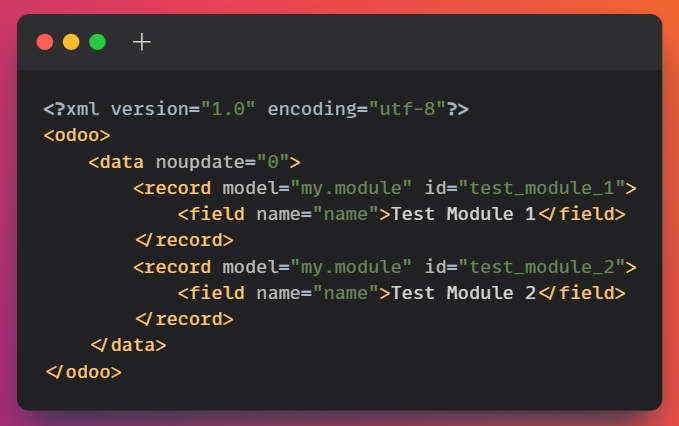Having a solid and trustworthy software system is essential for success in the cutthroat business environment of today. Comprehensive open-source business management tool, Odoo, provides a variety of modules and functions to streamline various business processes. Extensive software testing is necessary to guarantee the quality and stability of an Odoo implementation, nevertheless. To assist you in developing a successful testing plan, we will examine the principles of software testing in Odoo in this blog article and offer code examples.
Understanding Software Testing with Odoo
In Odoo, software testing entails confirming the system’s usability, performance, and functionality. It makes sure that each module and customisation complies with the necessary business criteria and operates as planned. Effective testing procedures reduce potential risks and improve user satisfaction by finding and fixing problems before the system is put into production.
- Unit Testing
To ensure that individual bits of code, such as methods or functions, execute correctly when tested separately, unit testing is used. The built-in testing framework, pytest, is used in Odoo to create unit tests. An example of a unit test for an Odoo model is shown below:

- Functional Testing
Functional testing examines how the entire Odoo system behaves by thoroughly testing all of its modules and customizations. It emphasizes comparing the features of the system to the desired company objectives. Let’s look at a functional test for an Odoo module as an illustration:

- Integration Testing
Integration testing guarantees that various modules and parts of the Odoo system operate together without any problems. It checks the relationships and data flow between different modules, looking for any potential integration problems. An illustration of an integration test for an Odoo module is given below:

Test Data Management
Effective test data management is essential to guarantee thorough testing. Utilizing fixtures, Odoo offers tools for creating and managing test data. Fixtures give you the ability to specify sample data for testing needs. To load the database with test data prior to executing the tests, you can construct fixture files in XML format. An illustration of a fixture file for an Odoo module is shown below:

Test Automation
In order to minimize manual work and ensure test consistency and repeatability, test automation is essential. The pytest framework is included in Odoo for creating and running automated tests. The pytest command-line tool or Odoo’s built-in test runner can be used to define test cases as methods inside test classes. Test automation facilitates continuous integration and delivery practices and speeds up test execution.
Conclusion
For Odoo implementations, software testing is a critical stage in the development lifecycle. You can guarantee the stability and dependability of your Odoo system by comprehending the various testing methods, making use of the built-in testing framework, and implementing test automation techniques. You may improve user satisfaction with appropriate testing methodologies and meticulous implementation.





Recent Comments